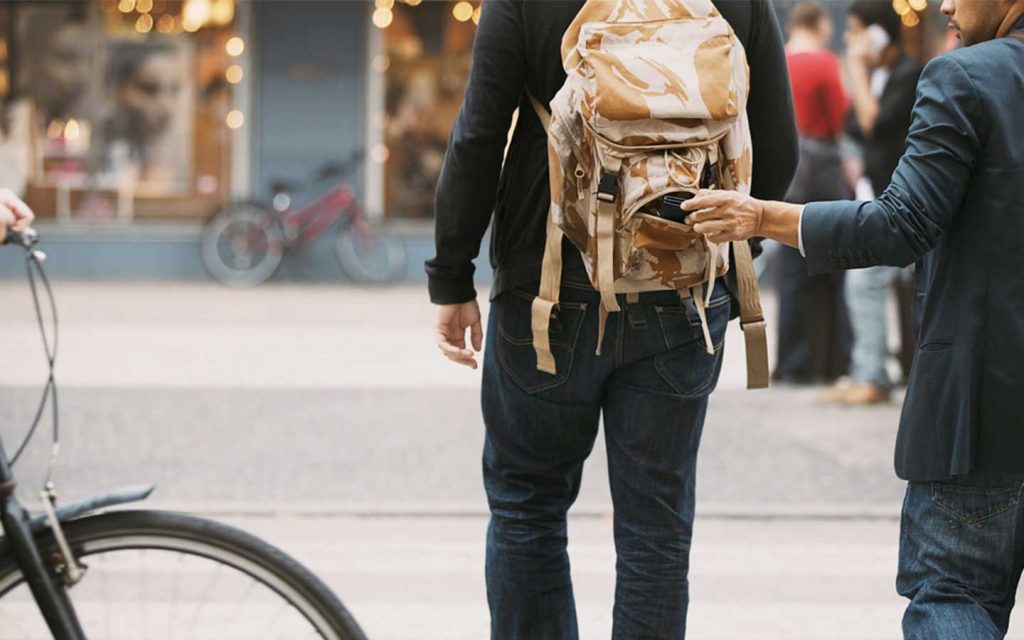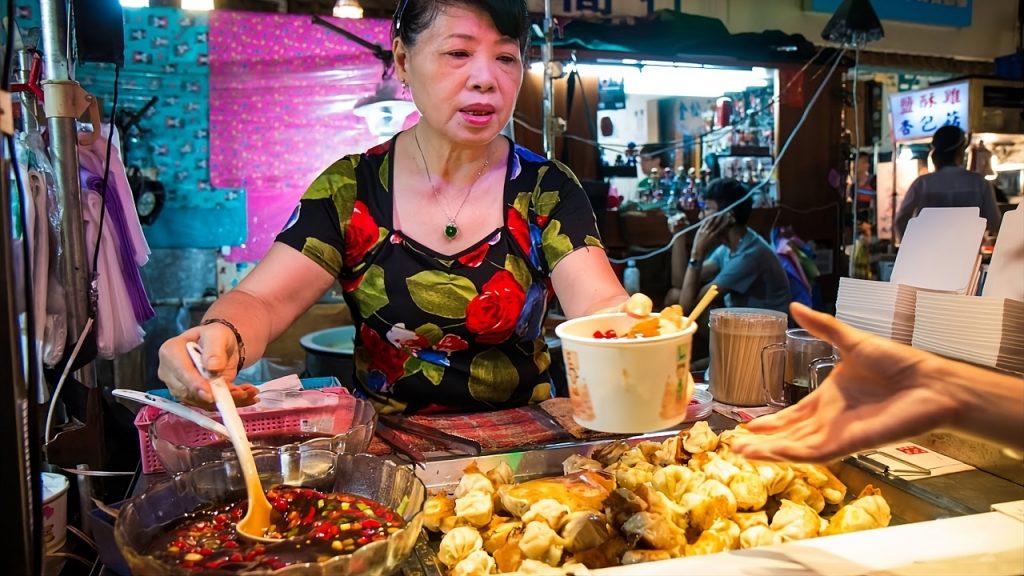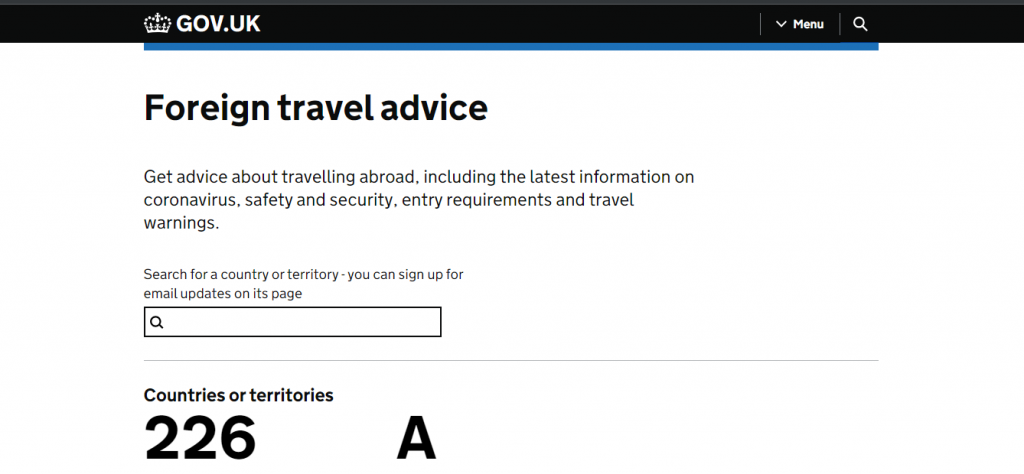Traveling is an exciting adventure that offers new experiences, cultures, and memories. However, ensuring your safety while exploring unfamiliar territories is paramount. In this comprehensive guide, we present essential travel safety tips to help you navigate your journey with confidence and peace of mind. From pre-departure preparations to on-the-road practices, these guidelines will empower you to prioritize your safety and make the most of your travels.
Travel safety is really about staying street smart, prepared for the unexpected, and minimizing your exposure to risky situations in a new and unfamiliar country.
After traveling the world for the past 8-years, I’ve learned a lot about staying safe – sometimes the hard way. Here are my best travel safety tips for avoiding trouble on your trip.
Page Contents
After many years traveling the world, I’ve grown accustomed to deceitful taxi drivers, two-faced tour guides, insincere offers of help, and an occasional theft or scam.
For the most part, the world is a pretty safe place for travelers. I don’t want to scare you too much! However, it’s wise to be prepared.
Nothing ruins an adventure quicker than getting sick, scammed or robbed when you travel!
With that in mind, here are my best travel safety tips to help minimize your chances of something bad happening to you during your travels.
Pre-Departure Safety Preparations
Research Your Destination: Prioritize thorough research about your intended destination. Understand the local customs, laws, and potential risks. Familiarize yourself with local emergency numbers, medical facilities, and the nearest embassy or consulate.
The U.K Government has a travel advisory page for every country in the world, where it lists all known difficulties and current threats to the safety of visitors.
However, a big caveat for this one: it’s the Governments job to warn you about everything that could go wrong, which is sometimes different to what is likely to go wrong. This means their advice is generally on the hyper-cautious side. Factor that in, while you dig up more on-the-ground information.
But researching travel warnings will give you a general idea of what’s going on in the country you’re visiting, and specific problem areas you may want to avoid.
For example, just because certain parts of Thailand or Mexico have problems, doesn’t mean you should completely avoid those countries altogether.
Travel Insurance: You never think you need it, until you do. If you’re really worried about the safety of yourself and your gear while you travel, you can almost completely relax if you have some good insurance.
Invest in comprehensive travel insurance that covers medical emergencies, trip cancellations, and lost belongings. Review the policy to ensure it meets your needs.
My recommendation is Coverwise for short-term travel insurance. They make it super easy to buy online. (They also cover COVID-19!)
Ensuring a Smooth and Secure Journey
Share Your Itinerary: Once you’ve worked out where you’re going and when, make sure someone else knows too.
Share your travel itinerary with a family member or friend. Keep them informed about your plans and any changes to your schedule.
The best way is to email the full itinerary to a few family members (and double-check with them that they received it – don’t just assume it landed in their Inbox, make sure it did). Then, if you can, check in from time to time.
Before I travel anywhere, I make sure my parents know where I’m going, what my general plans are, and when I should be back.
That way, if they don’t hear from me for a few days after I’m supposed to return, they can help notify the proper local authorities, the embassy, etc.
Scan Important Documents: If disaster strikes, you might not have time to search for numbers for local police or ambulance services, or directions to the nearest embassy for your country. You may also be too stressed and panicky to think straight.
Make digital copies of your passport, visas, travel insurance, and other crucial documents. Store them in a secure online cloud service or email them to yourself. That way, if something goes wrong while traveling, you’ll always have access to your documents, plus know exactly who to call and where to go for help.
Packing Wisely for Safety
Pack Light: Traveling light reduces the risk of theft and eases your mobility. Leave valuable or unnecessary items at home.
Secure Your Belongings: Use a combination of locks, security pouches, and anti-theft bags to safeguard your valuables. A money belt can be worn discreetly under your clothing.
Putting aside the fact that traveling with anything super valuable is usually a bad idea, there will always be something you absolutely cannot afford to have stolen. I travel with a lot of expensive camera gear for example.
Your job is to minimize the easy opportunities for theft.
Firstly, know that most travel backpacks aren’t very secure. It’s easy to feel that a zipped, even locked bag is a sufficient deterrent to any thief, and doze off next to it. Waking up to find someone’s slashed a hole in the side!
Unless it’s a slash-proof backpack, the material can be cut or torn by anyone determined enough. Many zippers can be forced open with sharp objects like a writing pen.
Always be aware of your valuables, and try to keep an eye on them in such a way that it would be impossible for someone to steal without you knowing. I’ll use my backpack as a pillow on train/bus routes that have a reputation for theft, and will sometimes lock it to a seat using a thin cable like this.
Secondly, call your accommodation to ask about secure storage options like a room safe, lockers, or a locked storage area. Carry your own locker padlock when staying at backpacking hostels.
Stay Prepared and Protected

Stay “Connected” To Your Bag: Most quick snatch-and-run type robberies happen because the thief can do it easily, and has time to get away. Therefore, anything that slows them down will help prevent it in the first place.
If you can keep your bag tethered to something immovable at all times, and do so in a really obvious way, thieves will consider it way too risky a job – and leave you alone.
A simple and effective method is to use a carabiner clip. Even a regular strap around your leg or chair.
It doesn’t need to be secured with a steel cable and padlock all the time, just attached to something that will make a snatch-and-run attempt too difficult.
Medications and First Aid: Injuries can happen when you travel abroad, not matter how careful you are. That’s why traveling with a basic first aid kit is always a good idea. Pack essential medications, a basic first aid kit, and any prescriptions in their original packaging.
You don’t need to go crazy and bring your own needles and scalpels, but stocking the basics to treat cuts, sprains, stomach issues, and burns can help if you or people around you may need them.
I prefer a basic waterproof adventure first aid kit with a few additions of my own:
- Small tube of sunscreen
- Re-hydration salts
- Anti-histamine tablets
- Small pair of scissors
- Extra pain pills (Ibuprofen)
- Emergency space blanket
- Small tube of petroleum jelly (helps prevent blisters)
Navigating Public Spaces
Stay Aware: This one is easily overlooked – and incredibly important.
Be mindful of your surroundings at all times. Avoid distractions like excessive smartphone use while walking in unfamiliar areas.
You are a walking surveillance network. Your body sees and hears more things than you could ever process into coherent thought. Let’s call it your “spidey sense” — the ability to sense danger.
Your body might sense signs of danger before your brain is fully aware.
This is why gut feelings are always worth examining! If you’re feeling uneasy and you don’t know why, try not to write it off as irrational fear. Stop and pay closer attention to the situation. Can you figure out what the problem is?
It’s easy to dismiss your instincts as “silly”. Never treat them as such. Those gut feelings and intuition have kept humans safe for millions of years.
Use Reputable Transportation: Opt for licensed and reputable transportation options. If using ride-sharing services, ensure the vehicle details match the app information.
Stay in Well-Lit Areas: When walking at night, stick to well-lit streets and avoid isolated areas.
Accommodation Safety
Research Accommodations: Prioritize accommodations with positive reviews and good security measures. Check for features like secure entrances, well-lit corridors, and reliable locks.
Secure Your Room: Use the hotel room’s deadbolt, chain lock, and any additional security features. Store your valuables in the room’s safe, if available.
Cybersecurity While Traveling
Public Wi-Fi Caution: Avoid using public Wi-Fi for sensitive activities like online banking or accessing confidential accounts. Use a virtual private network (VPN) for added security.
Protect Your Devices: Set strong passwords and enable two-factor authentication on your devices. Backup your data before you travel.
Cultural Sensitivity and Local Laws
Respect Local Customs: Show respect for local customs, traditions, and dress codes. This not only enhances your experience but also reduces the chances of offending locals.
Know the Laws: Familiarize yourself with the local laws and regulations. Some actions considered harmless at home might be offensive or illegal in another country.
Wearing the right clothes is a sign of respect. Many Islamic countries have specific dress code guidelines that are often strictly enforced – and other destinations have laws that may catch you out (for example, walking topless through the streets of Barcelona is illegal for both sexes).
However, it’s possible to stay within the law and still offend locals with what you’re wearing – generating a lot of hostility towards you in the process. Ignoring local customs can come across as both arrogant and ignorant.
Health and Hygiene
Stay Hydrated: Carry a reusable water bottle and stay hydrated, especially in warm climates.
Food Safety: Don’t be scared of the food when you travel! In fact, eating strange new foods can be a highlight for many people on their adventures around the world.
Consume food and beverages from reputable establishments to minimize the risk of foodborne illnesses.
- Eat at popular places with long lines
- Try to watch how your food is prepared
- Pack translation cards to express your allergies
- Fully cooked food is always the safest
- Only eat peel-able fruit to avoid bacteria

All the tips on traveling safely above are equally important for both men and women. I don’t think the ability to travel safely should be focused on gender.
Unfortunately women are victims of violence everywhere. Traveling doesn’t necessarily increase that threat, it simply changes the location.
Women worried about being assaulted or harassed might prefer to visit a local street bazaar or nightclub in a group rather than alone. Especially if it’s a common problem for the area.
I know some women who feel safer carrying a safety whistle and door stop alarm when they travel solo too.
However men also have specific safety concerns they need to watch out for, related to their egos. Like getting goaded into a physical fight that isn’t necessary. Or being scammed by a beautiful woman.
Understanding the Risk...
If you want to travel, you cannot avoid risk. There is no way to be 100% safe from any threat, in any part of life. Risk is an integral part of adventure too.
This means when you hit the road, you’re bound to get scammed sooner or later, or find yourself in unexpectedly challenging circumstances. It happens to all of us.
Risk is unavoidable – but it can be managed, so you can stay safer.
How do most people hear about events in other countries? It’s usually through the news. This is a big problem, because the media is biased – but not the way politicians would like you to believe.
The media reports on unusual events (most often negative ones). Things get featured in the news because they rarely happen. That’s the definition of “newsworthy”.
If the news was truly representative of what’s happening in the world, 99.9% of each report would sound like: “Today in Namib-istan, absolutely nothing dangerous happened, and everyone had a perfectly normal day – yet again.”
The news media makes other countries feel a lot less safe than they really are. In fact, the world seems to be getting safer every decade, according to data collected by economist Max Roser and psychologist Steven Pinker.
This isn’t saying that bad things don’t happen. It’s saying they’re usually a misleading representation of what normally happens.
Don’t believe the over-hype. Generally speaking, it’s never been a safer time to travel! So get out there with your new-found knowledge, enjoy your trip with confidence.
Prioritizing Safety for a Memorable Travel Experience.
Embarking on a journey should be a joyful and enriching experience. By adhering to these top travel safety tips, you’re equipping yourself with the knowledge and tools needed to ensure a secure and memorable adventure. Remember, prioritizing safety enhances your ability to fully immerse yourself in the wonders of travel while minimizing potential risks. Safe travels!
Disclosure: Please note that some of the links above may be affiliate links, and at no additional cost to you, I earn a commission if you make a purchase. I recommend only products and companies I use. For more info please read our Affiliate Disclosure and Privacy Policy Pages
Home » My Footsteps » Top Travel Safety Tips: Your Guide to a Secure Journey





